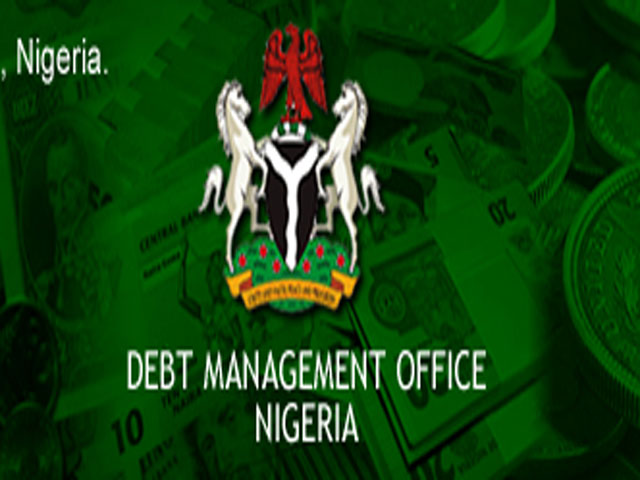Nigeria’s total public debt rose to N28.62 trillion as of March, up 15% from a year earlier, the Debt Management Office (DMO) said on Friday. Africa’s largest economy has been racking up debt to fund infrastructure projects and boost a sluggish economy now projected to fall into recession following the impact of an oil price crash triggered by the coronavirus pandemic. Total public debt stood at N24.94 trillion in the first quarter of 2019.
Nigeria had a series of debt issues lined up this year before the collapse in oil prices, the country’s main export, forcing the government to shelve foreign commercial borrowing. The government is now tapping domestic markets and concessionary loans to help fund its 2020 budget deficit which has been worsened by the lower oil prices that slashed revenues and weakened the Naira currency.
But debt servicing costs have risen. The government spent N609.13 billion Naira to service domestic debt in the first quarter of 2020, the DMO said in a statement.
A director at ratings agency Fitch told Reuters last week that a sharp rise in Nigeria’s sovereign debt and a ballooning financing gap could trigger a rating downgrade. Nigeria’s debt to revenue ratio is set to worsen to 538% by the end of 2020, from 348% a year earlier, before improving slightly next year, Fitch said.

